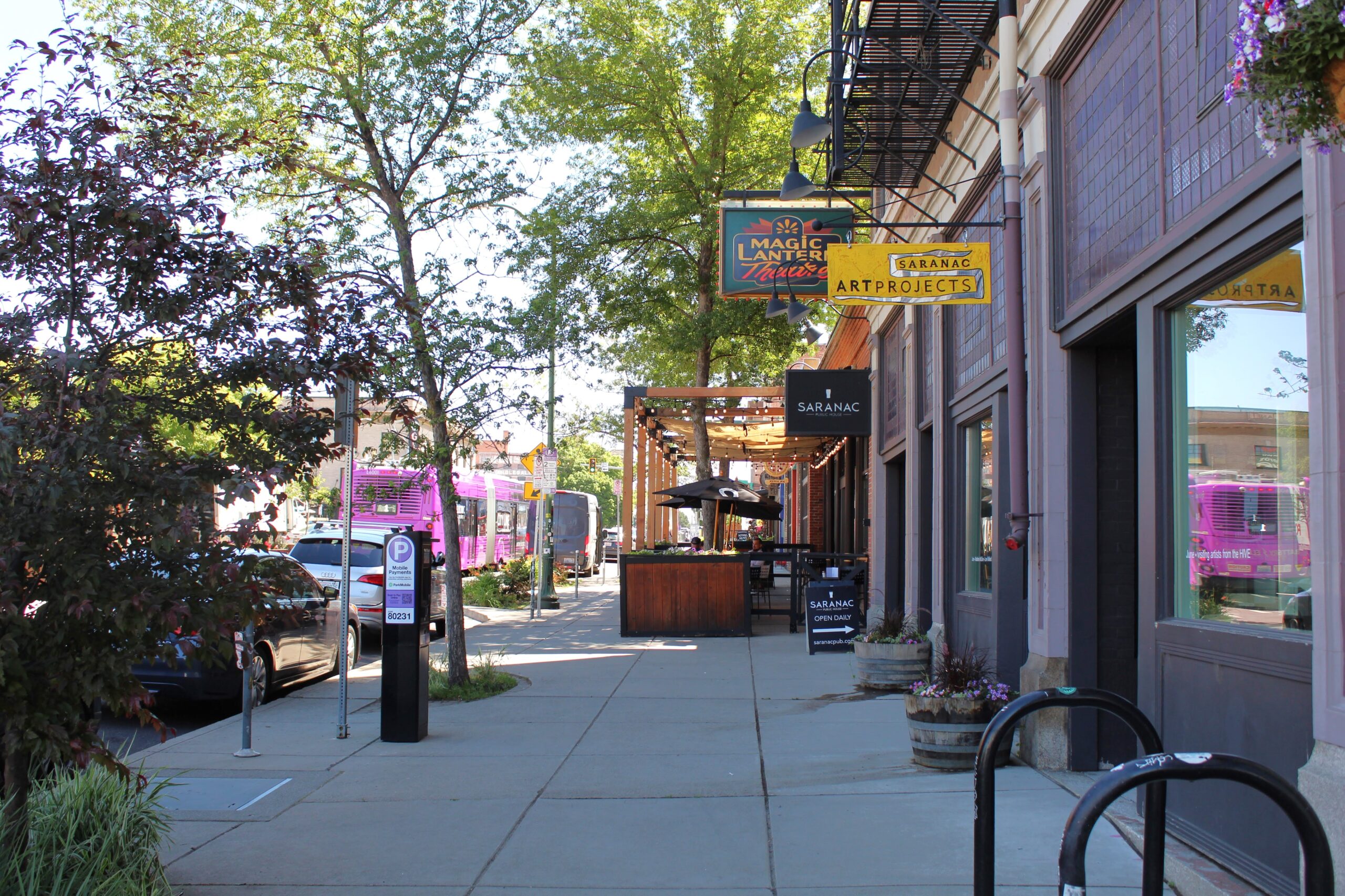2019 Session Opens Jan 14
Monday is the first day of the 2019 Washington State legislative session, and Futurewise is preparing to engage on a host of important issues related to land-use and transportation. We have been carefully developing our priorities this year, as Democrats will be entering the 2019 session holding their strongest majority in recent years with a 16-vote margin (57-41) in the House and a 7-vote margin (28-21) in the Senate.
Critical issues are already beginning to bubble up in our focus areas, as we have been weighing in on several bills that would require minimum densities in cities of a certain size, and investigating the implications of a bill that would require urban growth boundaries be re-drawn to prevent the splitting of individual parcels – a practice that would create conflicts with other provisions of the GMA, as well as allow expansions that counties cannot afford to serve.
With regards to minimum densities, these bills are intended to drive zoning changes in key cities where additional housing would provide more equitable access to transit and other opportunities. These are laudable goals, yet we will be working closely with legislators to shape these policies in ways that would prevent displacement of vulnerable populations informed by data-based decision making mandated by the Growth Management Act’s (GMA) Housing Element.
For example, the Housing Element could be modified to require accommodating the jurisdiction’s “fair share” of the regional housing needs for extremely-low-, very-low-, low-, moderate-, and above-moderate-income households as determined in the countywide planning policies, or include policies to conserve and preserve existing private market and subsidized affordable housing and existing manufactured home parks. There also could be waiting periods initiated in areas slated for up-zoning to meet minimum densities – waiting periods that would include resources for community-based planning to develop methodologies for mitigating the negative impacts of displacement.
That’s probably far enough in the weeds for our first post on this topic, but continue to watch this space – and your email – for weekly and bi-weekly updates on our progress during the 2019 session.
In case you were curious, the following are our broad Legislative Priorities for 2019:
Land Use/GMA Goal – State and local jurisdictions plan for climate change, our limited agricultural and forests lands are conserved, and cities grow sustainably and equitably through adoption and implementation of mutually beneficial rural and urban land use and environmental policies.
Policy Strategies
- Strengthen the urban growth line regulations to further prevent sprawl.
- Support opportunities for cities and urban areas to grow through equitable investment in infrastructure and access to opportunity.
Transportation Goal – Our transportation system is resilient and built to reduce greenhouse gas emissions through equitable access and expansion of transportation choices.
Policy Strategies
- Require consistency between the state transportation plan and Washington State’s greenhouse gas reduction goals.
- Support expansion of multimodal improvements and complete streets that support land use strategies to provide resiliency and access for all residents regardless of age, race, gender, mobility, income, and location.
Housing/Affordable Housing Goal – Housing options are available in all communities that meet the needs of all people.
Policy Strategies
- Support a comprehensive and strategic package of affordable housing legislation that includes revenue, policy, and tax incentive options.
- Support affordable housing in conjunction with partner efforts that aim to increase access to services that move people out of homelessness.

